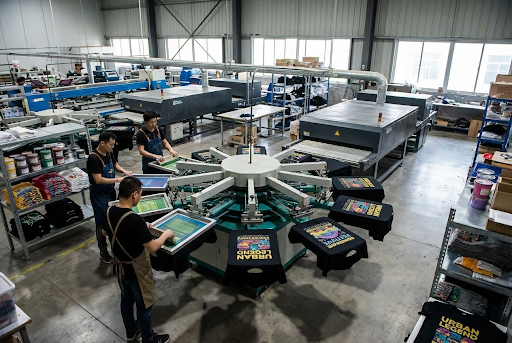
If you are considering a career as a pharmacy technician, you know you’ll be counting pills and working with medications, but the biggest decision you’ll face is where to work.
That’s why we’re looking at the two main work worlds: Retail (like a CVS or Walgreens) and Institutional (like a hospital or clinic). They both need your skills, but what you actually do all day is very different.
The Retail Technician: Speed and People Skills
The retail pharmacy world is very fast-paced, and it’s all about the customer. What this means is your day is mostly spent talking to people—on the phone or face-to-face. You’re handling their questions, collecting their co-pays, and getting their ready medications into their hands quickly. And you need to be really good at juggling tasks.
For example, you might be talking to a customer about a prescription, and then the phone rings with a question from a doctor’s office, and then the insurance claim for the person in front of you rejects the prescription. You have to jump in and figure out why the claim failed. You might spend ten minutes calling the doctor to clear up a dosage question or calling the insurance company to fix a code.
It’s a high-energy role where your Inventory & Insurance knowledge is key to keeping the cash register moving and the customer happy.
Because this retail side is so high-volume, it’s also one of the fastest ways to get hired in the industry. And if you want to start a new career quickly, look for a fast-track pharmacy technician program that gets you certified in months, not years.
The Institutional Technician: Compounding and Accuracy
And if you work in a hospital or clinic, it’s a completely different scene. You rarely ever see a patient. What you do all day is focused on preparing complex medications for nurses to give to patients upstairs. You’re working for the healthcare team.
For example, you might be compounding a sterile IV bag for a specific patient in surgery, or you might be stocking the massive automated medication carts that are used across the entire hospital’s various departments.
You also deal with a greater variety of drugs and more complex dosing. It’s less about speed and more about extreme, life-or-death precision. Because you’re making sterile products and complicated solutions, you are much more of a lab technician in this environment.
You’re checking off lists, double-checking calculations, and making sure every single dose is perfect before it leaves the pharmacy. The work is crucial, but it’s done quietly and behind the scenes.
Getting Certified: One Program, Two Paths
So, how do you prepare for both of these very different jobs? The good news is the foundation is the same: You must learn pharmacology, calculations, and the legal regulations (like the HIPAA privacy rules).
And the best training programs cover both community and institutional practice because you’ll need that flexibility. You need to know how to calculate doses and how to handle complex insurance claims.
That’s why finding a solid, comprehensive education prepares you to pick the path that feels right for you, or even change your mind later in your career. For people who need to study while they keep their current job, an online pharmacy tech program offers the best of both worlds—you get the core training without sacrificing your schedule. The right education sets you up for whichever door you choose to walk through.
Which To Choose
And there you have it. So, which one sounds more like you?
You have the people-facing world of retail on one side, and the lab work of a hospital on the other.
The most important thing is that one good program should teach you the skills for both. That way, you’re not fixed with one. You can pick the path that feels right, and you’ll still have the skills to change your mind later.







